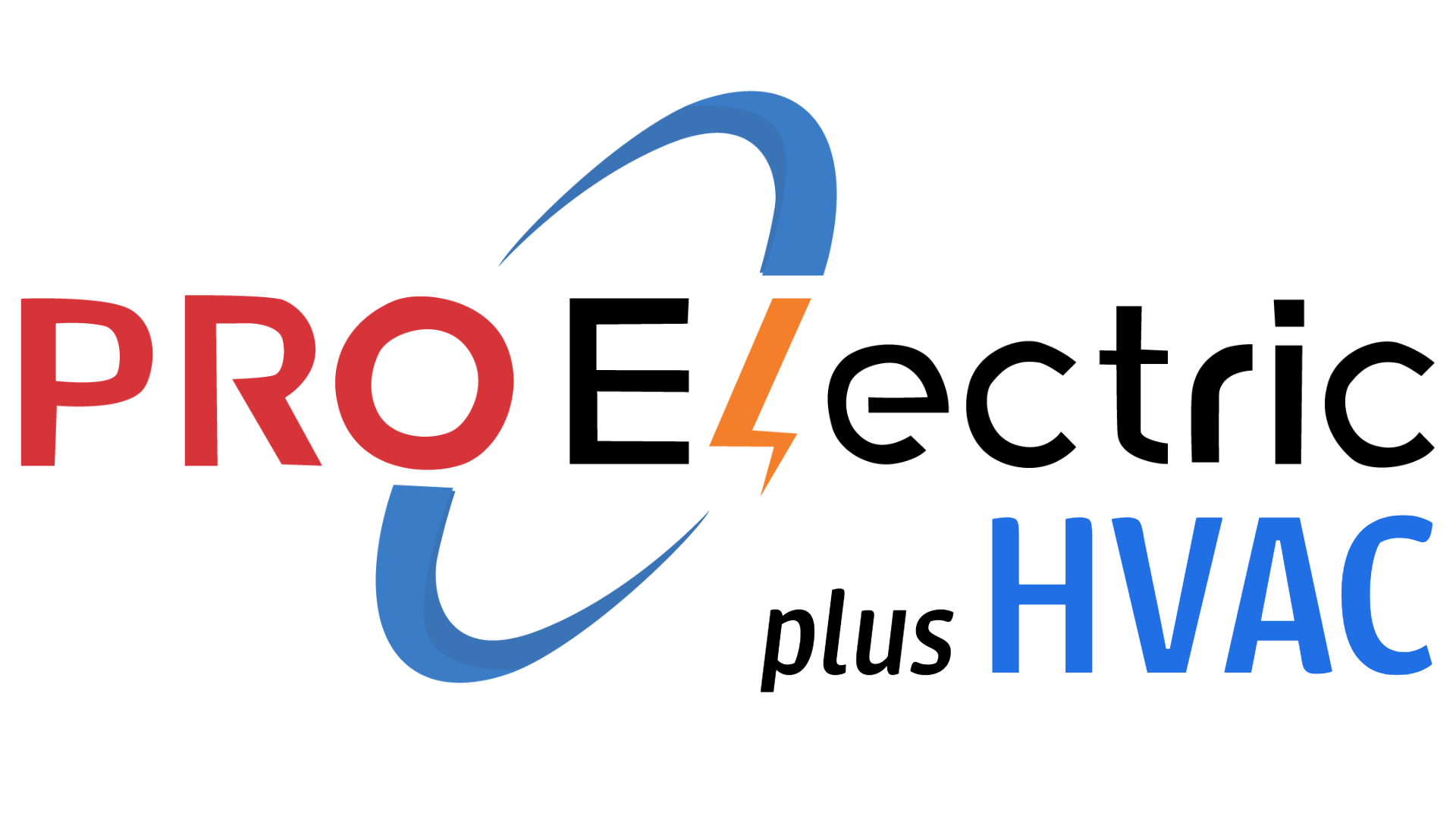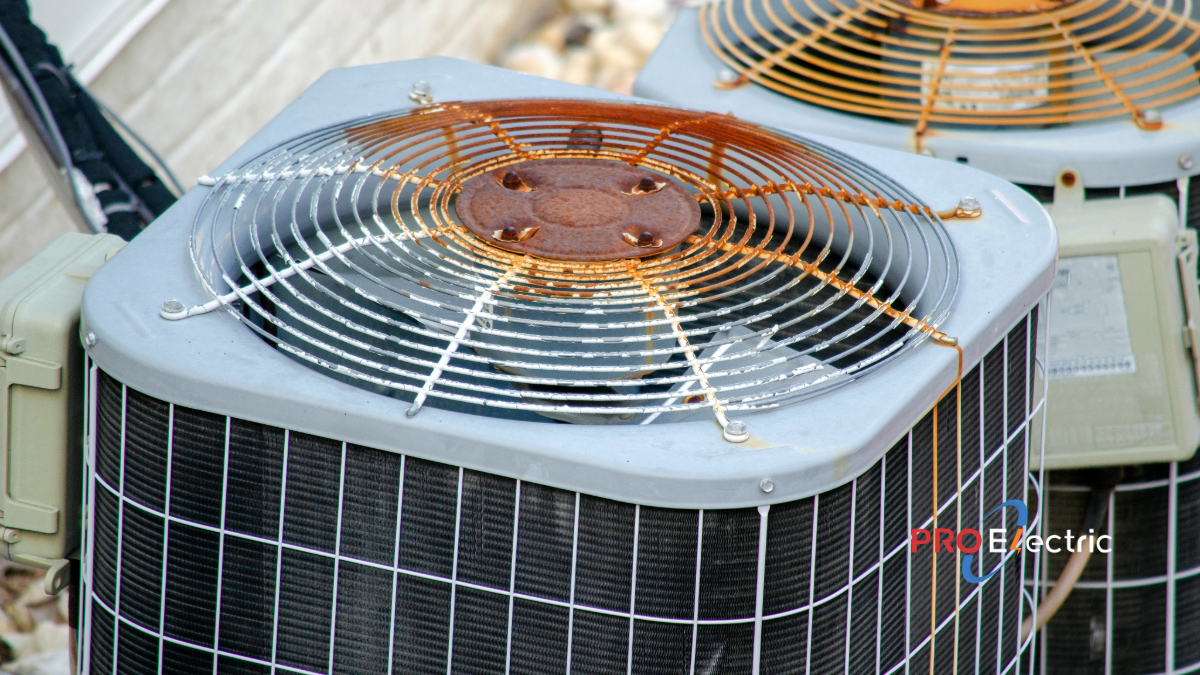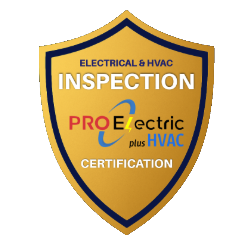Air conditioning breakdowns can happen for numerous reasons.
A number of issues may be resolved through easy structural changes, whereas others require professional assistance.
These tend to be typical reasons for electrical outages.
Fix the thermostat correctly
Simple solution
Examine your thermostat first.
Verify that the setting isn’t on cooling but not heating and the temperature is adjusted correctly.
If the thermostat has batteries attached, change them and see if it still breaks down.
Check the Electrical Panel
Issues with the breaker
In case the device doesn’t turn on, check out the electric box.
One of the primary reasons which might have occurred is a a tripped breaker might have lost power to the unit.
The major circuit breaker is susceptible to shutting down, when circuits are overloaded.
By resetting it, turn just that breaker on. If it occurs once again, there might be underlying issues which cause excessive electricity to run through the building at that time.
Malfunctioning electric circuits
Power reduces
Faulty operation of the air conditioning unit also explains faulty circuits that cause one or more blows.
A far more severe issue would require your electrician to visit your system and check and restore the damaged circuit to restore power.
Damaged or defective transformers
Issues in the electric system
The transformer regulates the voltage which enters the air conditioning unit.
Home appliances which have a faulty transformer might not get sufficient energy to function properly.
Overheated transformers these days ordinarily have to be replaced.
Capacitor malfunctions
If the system can not turn on
The capacitor provides energy to air conditioning unit and can help to start the motor.
When the capacitor is damaged, the air conditioning system might not begin correctly or might briefly power on then turn off.
Switching the capacitor generally resolves this issue.
Check out that a circuit breaker is shut down
Circuit breakers are often tripped
When the air conditioning breaker keeps tripping, excessive energy has been drawn or a short circuit is occurring.
A wiring fault or a circuit overload might bring this on.
In such cases, an electrician is called in.
Examine the condenser unit
Issues with the external device
The fan should supply power and appropriate ventilation for the outside condenser unit.
A blown fuse or electrical issues might stop the condenser from functioning.
Electricians can check the power source and repair problems.
Check the wires for damage
Poor or defective wiring
Loose or faulty wiring might make your air conditioning unit not operate as effectively as needed.
Ultimately, fastening methods may loosen or wires might break.
If the wiring is damaged, call touch with professionals to fix it.
Compressor veiling
This occurs when a compressor introduces noise into the signal, lowering the perceived definition and clarity of the audio.
The temperature is lowered.
The control element for cooling air is the compressor.
If the compressor fails, the air conditioning system can not provide cool air on the premises.
Low refrigerant levels detected
Reduced cooling capability
When your office or house air conditioning isn’t cooling the environment correctly, it might lack refrigerant.
Insufficient refrigeration might cause the system to fail to cool and malfunction.
A certified HVAC expert should also inspect this to check the freon pressure.
When your air conditioning system is not functioning or requires some modifications, check out the thermostat first.
Other methods might be essential.
A blown circuit, for instance, will cause the transformer to fail or the compressor to fail.
Avoiding accidents is best if you leave electrical faults to the professionals.
Contact an electrician if an air conditioning unit isn’t working or looks inactive.



